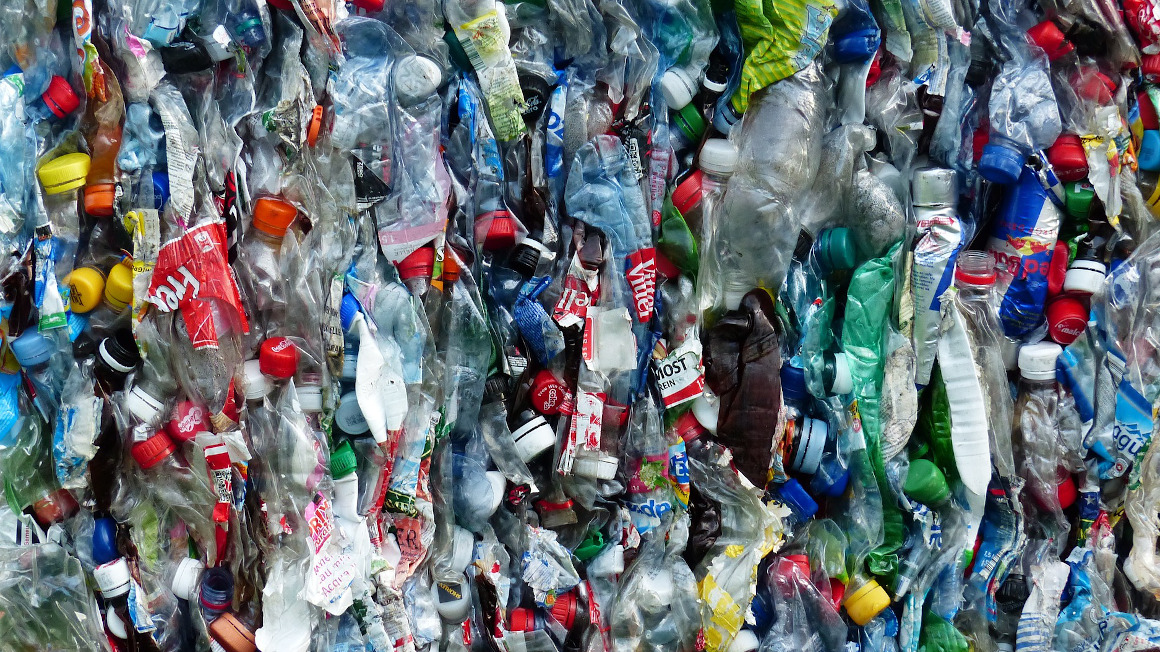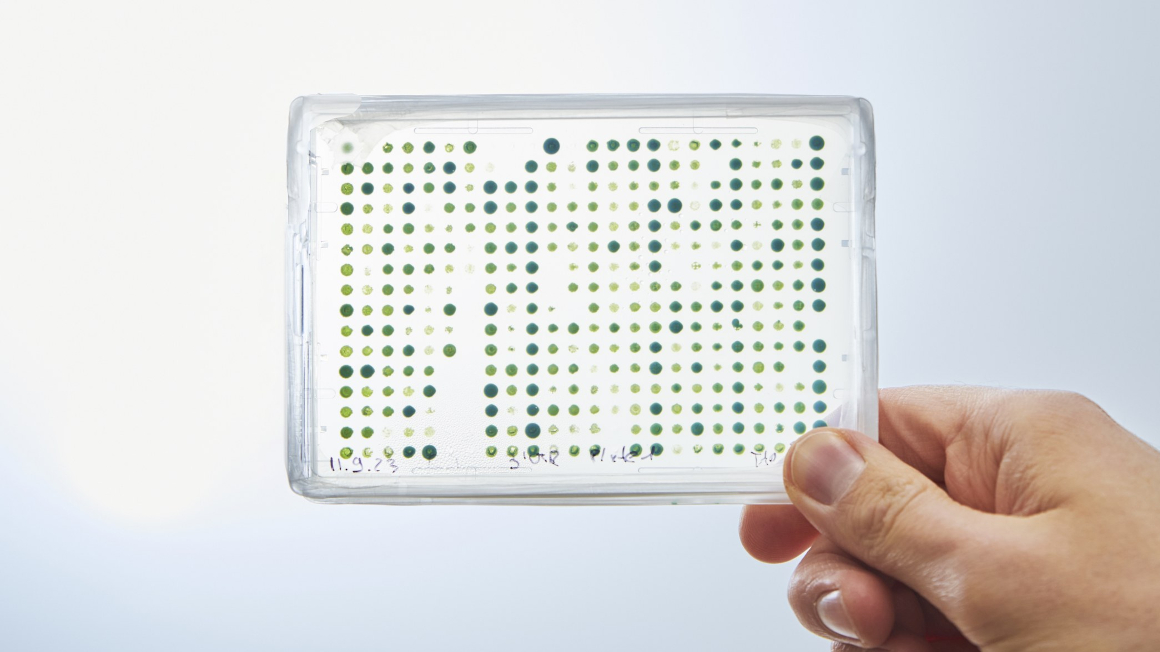Recycling synthetic polymers with enzymes
Researchers have identified new biocatalysts that can make recycling of the plastics polyurethane and polyvinyl alcohol resource-efficient and environmentally friendly.

Plastics are versatile and durable - but it is precisely their durability that poses a problem: petroleum-based plastics decompose only incompletely or not at all, thus polluting the environment. However, it is not yet possible to do without plastics altogether. That's why researchers around the world are looking for ways to recycle petroleum-based plastics. So far, only a small portion of the world's plastic waste is recycled. By identifying new biocatalysts, researchers have now paved the way for sustainable recycling of plastic waste.
Enzymes break down polyurethanes
A team led by Uwe Bornscheuer of the University of Greifswald, together with the German company Covestro and researchers from Leipzig and Ireland, has identified enzymes that, after chemical pretreatment, are capable of breaking down polyurethanes into their building blocks. "The search for these special biocatalysts was very complex and we had to screen about two million candidates to find the first three enzymes that have been shown to be able to break the special bond in polyurethane," says Greifswald doctoral student Yannick Branson, describing the challenge of this project.
Basis for industrial plastic recycling
Polyurethanes (PUR) are plastics or synthetic resins used in the manufacture of mattresses, insulating materials, sports shoes or for coatings such as sealants, paints and adhesives. Until now, they have only been chemically recyclable with a high energy input. Natural biocatalysts such as enzymes, on the other hand, can break down the plastic molecules into their components at just 40 degrees Celsius and without the use of chemicals. "With this groundbreaking discovery, we have now created the prerequisite for further improving these biocatalysts using protein engineering methods in order to tailor them for industrial recycling of polyurethane," emphasizes Uwe Bornscheuer.
Bornscheuer's team also developed the basis for biotechnological and thus more sustainable recycling of the widely used polyvinyl alcohols (PVA), which are used, for example, in the coating of fibers and as films for packaging. Here, the researchers succeeded in cleverly combining three different enzymes so that they alter the polymer until fragments are formed that can then be recycled.
One step closer to the circular economy
It will be several years before the new biocatalysts are used for the first time in large-scale plastics recycling. But the first step has been taken: "With the help of the newly identified enzymes, we are getting a step closer to our goal of a complete circular economy in the plastics industry," says Gernot Jäger, who heads Covestro's Center of Excellence for Biotechnology in Leverkusen.
bb


